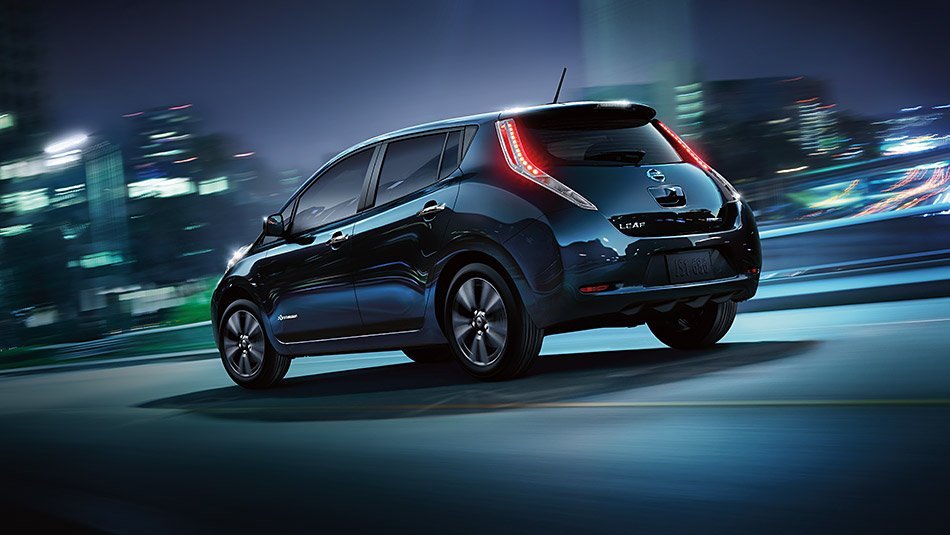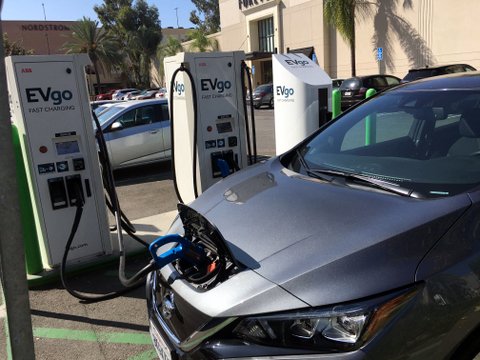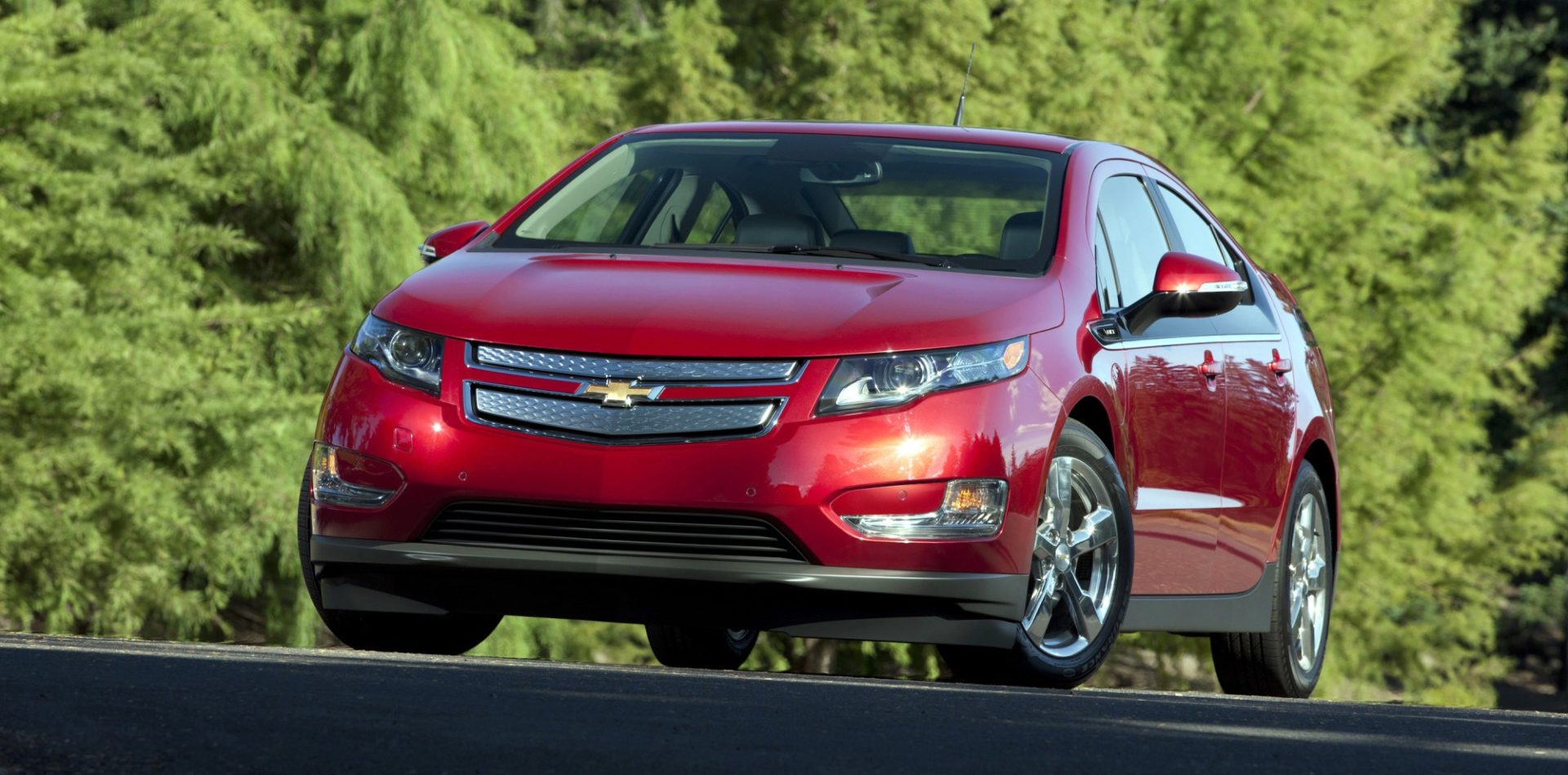California Helps Drivers Plug-in and Replace Clunkers with Cleaner Cars
To transform the vehicle fleet, you need to work on both ends — accelerating the purchase of cleaner new vehicles and the retirement of old clunkers. The California legislature is sending a package of bills to Governor Brown’s desk that does just that. Taken as a whole, these policies will ensure Californians at all income levels enjoy the environmental, public health, and financial benefits of cleaner, more efficient vehicles.




